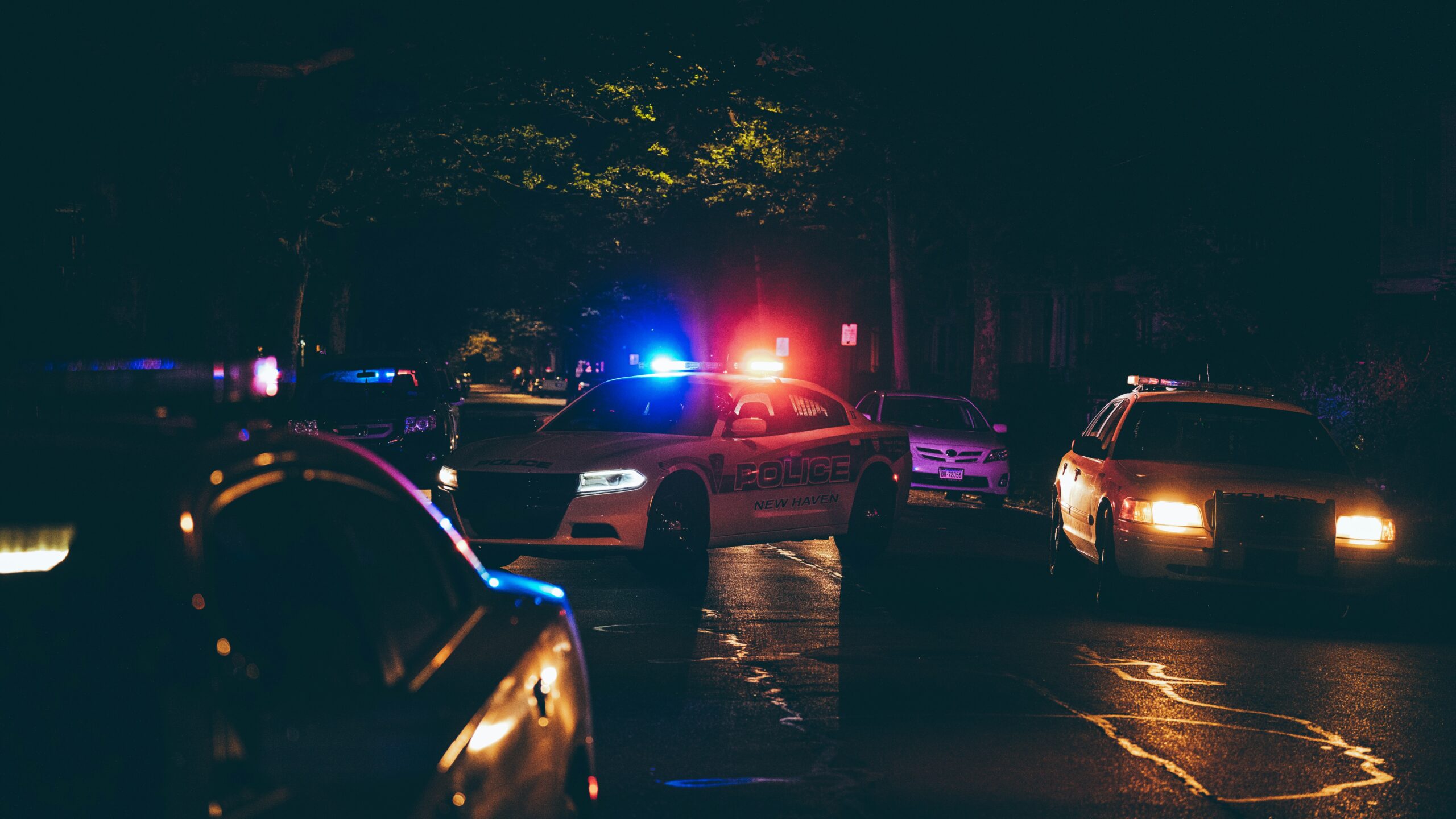How Should a Gun Owner React When Witnessing a Crime?

As a responsible gun owner, encountering a crime in progress can be a moment of intense decision-making. The instinct to intervene might be strong, but knowing the right course of action can make the difference between preventing harm and escalating a dangerous situation.
Prioritize Personal Safety
Before taking any action, assess the situation carefully. Is the crime violent? Are weapons involved? Are innocent bystanders at risk? Your priority should always be your own safety and the safety of those around you. If possible, remove yourself from danger and seek cover.
Call Law Enforcement Immediately
No matter the circumstances, notifying law enforcement should be one of your first steps. Provide as many relevant details as possible—location, suspect descriptions, and any immediate threats. Trained professionals are best equipped to handle dangerous situations.
Understand Your Legal Boundaries
Gun owners must be familiar with the laws regarding self-defense and intervention in their jurisdiction. In many places, the use of a firearm is legally justified only if there is an imminent threat to life. Misinterpreting a situation or acting beyond legal boundaries could lead to serious consequences.
Avoid Escalation
Drawing a firearm is a last resort and should never be taken lightly. If a criminal does not pose a direct threat to you or others, the safest option is observation and reporting rather than engagement. Escalating a situation can put more lives in danger, including your own.
Be a Good Witness
If intervention is not necessary or legally justified, focus on gathering critical details that will help law enforcement. Note physical descriptions, clothing, vehicle details, and any distinguishing features. This information will be invaluable for the authorities investigating the crime.
Final Thoughts
Being a gun owner comes with significant responsibility. Reacting to a crime unfolding should be guided by the principles of safety, legality, and rational decision-making. In most cases, the best course of action is calling law enforcement and being a reliable witness rather than direct intervention. The goal is to prevent harm, not create additional risks.

Should You Intervene?
Intervening in a crime as a gun owner is a high-stakes decision that requires sound judgment, legal awareness, and restraint. If you find yourself in a situation where intrusion is unavoidable, here are key factors to consider:
Assess the Level of Threat
Not all crimes require direct intervention. Theft, vandalism, or trespassing typically do not justify armed involvement. However, situations where innocent lives are in immediate danger—such as an active shooter, assault, or kidnapping—may necessitate action. A gun owner should intervene only if the consequences of inaction would likely lead to severe harm or death.
Know Your Legal Rights and Responsibilities
Gun laws differ by state. Understanding your jurisdiction’s laws regarding self-defense and defense of others is crucial. Many states adhere to stand-your-ground or castle doctrine laws, while others require a duty to retreat before using force. Acting outside of legal boundaries can result in criminal charges, even if your intentions were good.
Attempt De-escalation First
Intervention does not always require the use of a firearm. If the situation allows verbal commands or presenting a non-threatening posture might be enough to stop an aggressor. Brandishing a weapon when unnecessary can escalate violence and put more lives at risk.
Call Authorities Before Acting
Whenever possible, law enforcement should be notified before stepping in. Giving authorities a chance to respond ensures that the situation is handled by trained professionals, reducing the risk to yourself and others.
Intervening with a Firearm
If intervention becomes unavoidable:
- Ensure you are not mistaken for a threat by police or bystanders.
- Consider an escape plan for yourself and those around you.
- Controlling your emotions and focusing on precision—panic can lead to poor decisions.
- Stop the immediate threat only—your goal is protection, not escalation.
After the Incident
Once the situation is resolved:
- Comply fully with law enforcement when they arrive. Your firearm should be holstered or placed safely on the ground.
- Provide a clear and honest account of what happened.
- Be prepared for legal scrutiny —even justified uses of force can be investigated.
.
Immediate Steps
- Ensure the scene is safe—if the threat is neutralized, secure your firearm in a safe manner to avoid misunderstandings.
- Call 911—report the incident and request medical assistance if anyone is injured.
- Identify Yourself Clearly—when officers arrive, comply fully with their instructions and do NOT have your firearm in hand.
Talking to Police
- Limit initial statements: It’s natural to want to explain everything right away, but adrenaline and shock can cloud judgment.
- Stick to basic facts: Saying “I was attacked, and I had to defend myself” is enough initially. Avoid volunteering too much detail on the spot.
- Request legal representation: Even if you acted lawfully, consulting an attorney before giving a full statement is wise. Say, “I will cooperate fully, but I’d like to speak to my lawyer first.”
- Remain respectful & calm: Officers will investigate, and your demeanor matters. Stay composed and follow instructions.
Why Legal Counsel Is Important
Even justified shootings are subject to intense scrutiny. Misstatements made under stress could be used against you later. Having legal representation ensures you communicate accurately without unintentionally harming your case.